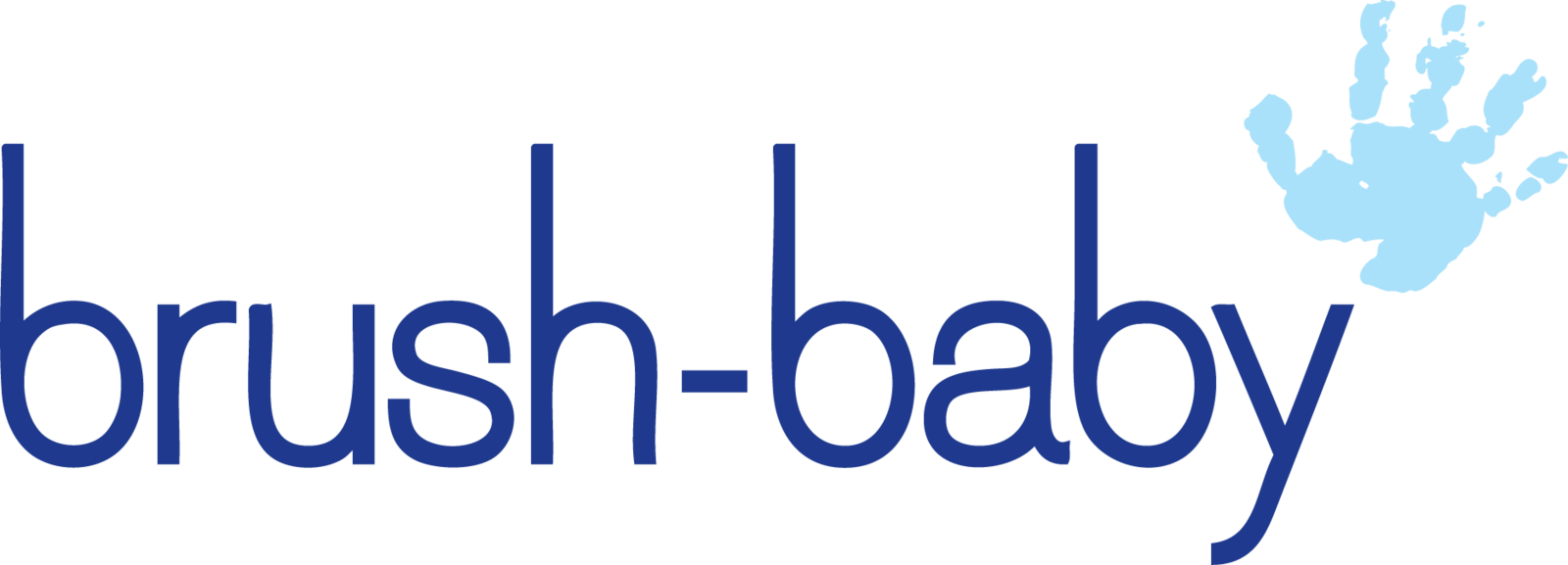Step 1 Babies Gums

Healthy Gummy Smiles
While they can't thank you just now, your baby will love the feeling of a fresh, clean mouth and, if your baby likes that fresh feeling now it'll help to make your life easier later on when it's time to introduce tooth brushing.
Why clean baby gums?
You'll be creating a healthier environment for your baby's new baby teeth and by keeping little gums clean you'll help avoid gum inflammation and pain during teething.
How do I clean my baby's gums?
-
Clean your baby's gums every day. This helps remove food and milk deposits and reduces the build-up of bacteria.
-
Use a DentalWipe or a clean cloth and cooled boiled water.
-
Gently wipe over gums, tongue and cheeks twice a day.
Brush-Baby products to help you
|
Formulated for your baby's daily gum care |
FAQs
Stage 1 - Babies - Gummy Smiles
Why baby teeth matter?
While your adorable little newborn might not have any teeth on show when they arrive, their baby teeth developed while they were still in the womb. This is why cleaning their gums every day is so important. Regularly cleaning your baby’s gums will reduce the levels of bacteria in their mouth (including those that can cause tooth decay) and remove food and milk deposits. This will keep their mouth and gums nice and clean, whilst gently introducing your baby to the daily dental routine.
Absolutely! Decay in your little one’s baby teeth can cause abscesses that harm the permanent adult teeth developing inside their gums. Serious cases of decay can result in tooth extraction which is very unpleasant for you and your child. Having baby teeth extracted can also mean your child is more likely to develop orthodontic problems in future.
When we eat, the bacteria that live in our mouths react with the sugars in our food to produce acid. This acid then attacks our tooth enamel and causes tooth decay. This is why it’s so important for you to help your little one to look after their teeth - they will need your help to brush their teeth until they are at least 6 years old.
Baby tooth development
Very occasionally, a baby is born with one or more teeth or has a tooth emerge within the first few weeks of life. If your baby has an early tooth, don’t worry. These early teeth are usually lost early on and are not usually a cause for concern unless they are loose or if they interfere with your baby’s feeding. If you have any questions it’s a good idea to talk to your dentist.
All babies are different, just like us grown-ups! In general, you can expect your baby’s first tooth to appear when they are between 6 to 10 months, but some babies don’t see their first tooth until they are a year old or more. Always consult your dentist if you are worried.
Baby teeth usually come through in cute little pairs – one on the right and one on the left side of the mouth. The lower two front teeth usually come through first, followed by the upper ones. Your baby will have about eight teeth by their first birthday, perfect for chomping on a birthday cake! By the time they are 2 1/2 to 3 years old all their 20 baby teeth will have come through.
When new baby teeth come through, they won’t have fully developed the toughened outer enamel surface to protect them and are more prone to decay and erosion. This is why avoiding sugary foods is very important, especially once you’re baby turns 6 months old and they start to eat solid food. We recommend waiting at least 20 minutes after your little one has eaten before you brush their teeth. This will help to preserve their delicate baby tooth enamel.
Your little one’s baby teeth have to fall out to make way for their permanent adult teeth to grow. You can expect this process to last six or more years from start to finish. By the time your little one turns 3, they should have a full mouth of 20 baby teeth. The lower middle teeth are usually the first to go, around age 5 or 6 and the top middle pair should be next next. Some children lose their first tooth as early as 4 or as late as 7. Generally, the younger your little one was when their teeth came in, the earlier they are likely to fall out.
How to care for your baby’s gums and new teeth
Looking after your baby’s oral care starts the day they are born. Cleaning your baby’s gums will help to prevent bacteria build up and establish a healthy environment for your baby’s new baby teeth when they come through. You should wipe your baby’s gums with a clean cloth and cooled boiled water, as part of their daily oral care routine and also after feeding. You can also use Brush-Baby DentalWipes™ to clean your baby’s gums, as it has added xylitol, a natural ingredient which helps reduce the number of decay and inflammation-causing bacteria. Another option is the the Brush-Baby Chewable Toothbrush™ which will also help to clean your baby’s gums.
To clean your baby’s gums, just use a clean cloth and cooled boiled water, or a DentalWipe once or twice a day. Gently wipe around those chubby cheeks, gums and over their tongue. They can’t say thank you just yet but we promise they’ll appreciate the freshen up!
As soon as your baby’s first pearly white pops up, it’s time to shop for their first toothbrush. Even the first of your baby’s teeth needs to be cleaned, as once it has emerged bacteria and plaque will start to cling to the tooth’s surface. Cleaning your little one’s teeth twice a day helps remove these bacteria and starts to get your baby used to the toothbrushing routine and the feeling of a nice fresh mouth. Don’t forget to give toothless gums a gentle clean too with a clean, moist, soft flannel or a DentalWipe.
To clean your little one’s teeth, try to sit them up up rather than lying them down. Use a small headed, soft-bristled toothbrush or a DentalWipe. Sometimes it can help if they sit on your lap and you could even introduce a song so that they know it’s brushing time. If your little one enjoys chewing their brush, try the Chewable Toothbrush - it's designed to help clean teeth and gums as it is chewed and also acts like a teether. Let your baby see you brushing your teeth too - it will help them to realise it’s all part of the fun of the daily routine. Don’t forget to clean toothless gums too with a DentalWipe or soft, clean, moist flannel.
For little ones up to the age of three, you will only need a smear of toothpaste. Look for toothpastes with no more than 1000 parts per million Fluoride, as this will ensure they don’t get too much fluoride until they are old enough to spit toothpaste out after brushing. It’s better not to rinse their mouth out after cleaning or brushing as the remaining fluoride will continue to protect their teeth after brushing time.
Tooth-friendly feeding and weaning
By the time your baby turns one, you should try to transition them to drinking from an open cup or sippy cup, so that their drinks don’t spend lots of time around their teeth. One of the best things you can do is to avoid giving your baby a bottle of milk to go to sleep with or to suck on for a long time during the day. Also don’t forget to encourage your little one to slurp their nightly milk before you brush their teeth, as opposed to afterwards.
Calcium-rich foods like yoghurt, milk and cheese. These are also essential for your little one to build strong teeth, nails and bones. Make your own ice lolly by popping a stick into a no-added-sugar fromage frais and freezing it for an hour. If your baby is teething, this is a lovely soothing treat for sore gums!
Look out for low/no added sugar biscuits or try savoury low-salt crackers or rice cakes.
Opt for low or no-added sugar yogurt
Raw fruit and veg like carrot, celery, cucumber and apple can help ease the irritation of sore gums, especially when chilled, and are also a great source of fibre.
Don’t forget if your baby is unwell and you are giving them age-appropriate medicine, look out for the sugar-free option. Sugar will be listed on the ingredients and can also be referred to as glucose, sucrose, dextrose, maltose, fructose, honey, hydrolyzed starch, or syrup.
Baby teeth can be affected by an aggressive form of tooth decay called early childhood decay. This happens when little ones drink sugary drinks regularly throughout the day from a bottle. It starts in the upper front teeth and spreads rapidly to other teeth. This is why it’s so important to ensure your little one is drinking from an open cup or sippy cup as soon as they are able, and also that you are making tooth-friendly choices about what they drink. Try to keep sweet sugary drinks to mealtimes if you can.
Yes! Although it can be lots of fun playing aeroplanes with your baby’s feeding spoon and showing them how to eat, sharing feeding spoons should be avoided for as long as possible. Research shows that bacteria can be transmitted from parents to babies through their saliva by sharing cutlery, dummies or even kissing on the lips. As babies often fall asleep with milk, formula or food in their mouths, this leaves their little baby teeth more susceptible to dental decay. But decay only occurs if tooth tissue, carbohydrates or sugar and decay-causing bacteria are together in your little one’s mouth. So, the longer we can keep our babies away from these bacteria, the better!
Teething Signs
Although most babies won’t see their first tooth until between 6 and 9 months, your baby may begin teething as early as 3 months. For some, teething is painless, others may become irritable or cry and for some it can also affect their sleep. Here are some signs to look out for:
- Chewing on their fingers, or anything they can put in their mouth! This is because special chemicals are released that cause the cells in the gums to separate, allowing new teeth to come through, and chewing feels good!
- Lots of dribbling. Saliva helps to flush your baby’s mouth and keep their gums clean, although it might mean a few more loads of washing for you! Dribble bibs can help save on a complete clothing change. - Red hot, rosy cheeks Be wary of teething myths though! Teething doesn’t cause illness, but because it often starts at a time when babies immune systems are taking over from mum’s protection, they can be more susceptible to infections and viruses. Always see your GP if your baby seems unwell.
Food or bacteria can get stuck around new teeth popping up and this can cause infection. This is why a clean mouth can help to prevent teething pain. Try to keep your little one’s gums and any teeth they have nice and clean by brushing twice a day.






